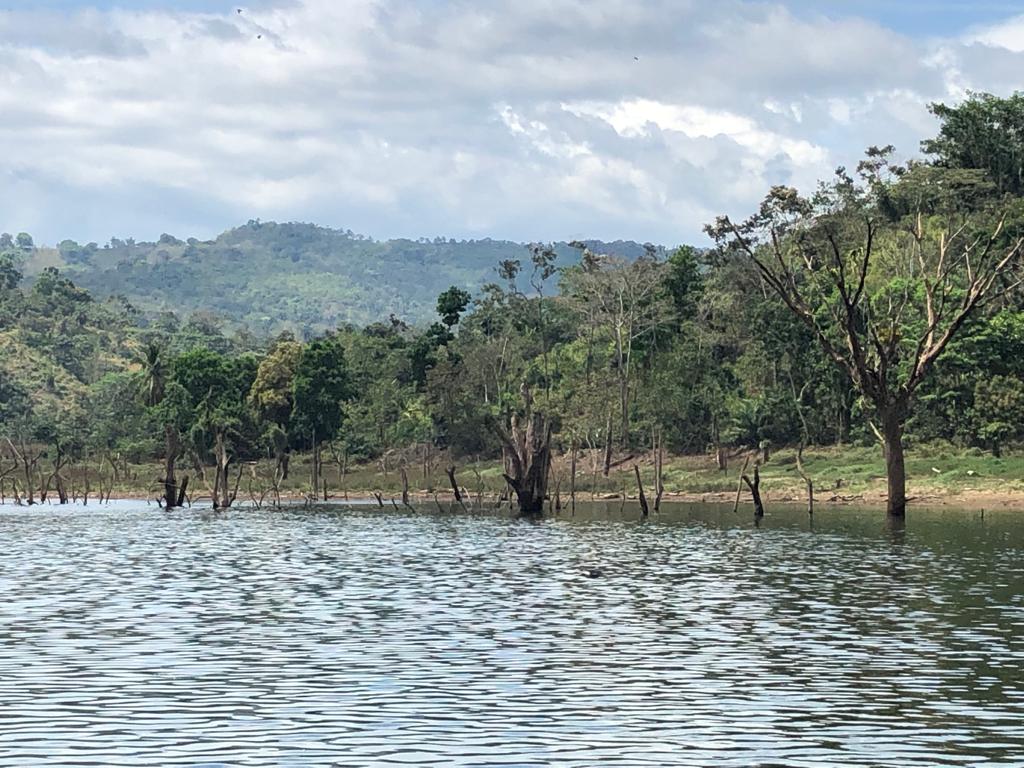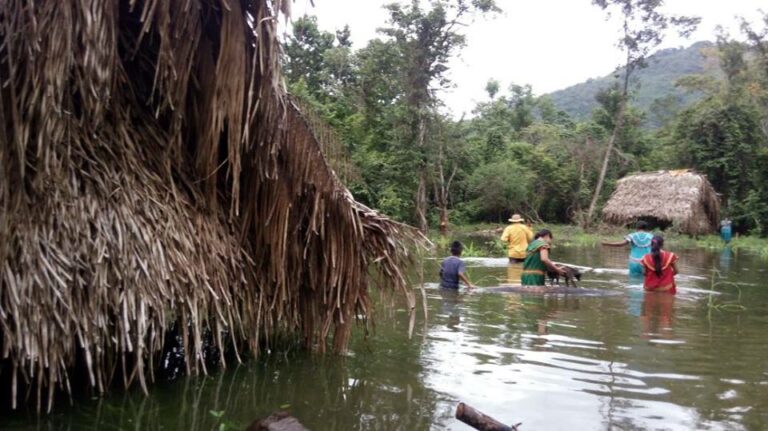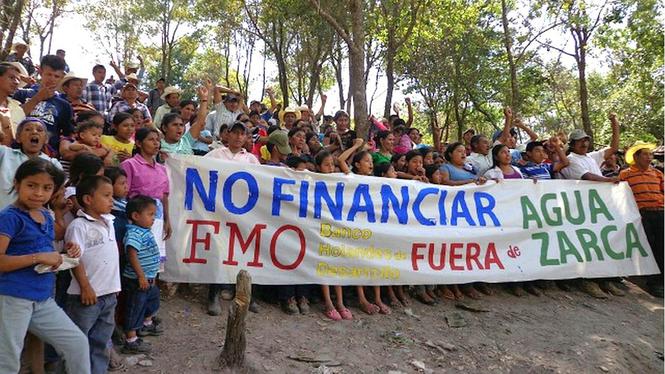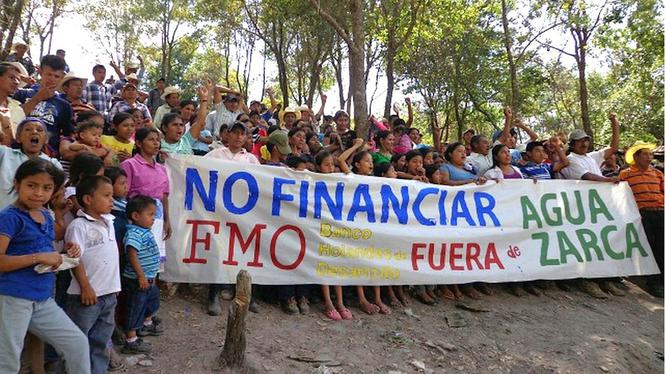
Independent research confirms FMO’s responsibility for destruction caused by Barro Blanco dam, recommends compensation
Dutch development bank FMO bears responsibility for the destruction of livelihoods, economic losses and environmental damage caused by the construction of the Barro Blanco dam in Panama, according to a report by the bank’s Independent Complaints Mechanism (ICM). Indigenous communities affected by the dam are pleased that their complaints have been confirmed and reiterate their call for apologies and compensation.
Despite protests from members of the Indigenous Ngäbe-Buglé people, in 2011 FMO decided to fund the construction of the dam on the Tabasará River. Supported by the Dutch NGOs Both ENDS and SOMO, the local organization M10 subsequently filed a complaint(opens in new window) on behalf of the community to the which found that the project violated FMO’s human rights and environmental policies in May 2015.
On October 5th, the ICM released its long-awaited final report(opens in new window) on the complaint. It establishes that, following FMO’s exit from the project in April 2021, the project remains in non-compliance with the banks’ policies. As FMO has not resolved the environmental damages and impacts on the livelihoods of the local population, the ICM recommends the bank to also apologize publicly and to compensate for the damage.
FMO did not follow its own human rights and environmental policy
“We are pleased that an independent investigation has finally confirmed that FMO did not adhere to its own human rights and environmental standards at the time, and that the negative consequences of this are still being felt to this day”, says Nick Middeldorp of Both ENDS. “We pointed out to FMO from the start that there had been no proper consultation of the indigenous population and that the dam would cause major environmental, economic, social and cultural damage. Nonetheless, FMO chose to continue financing the dam, and so far it did not do much to address the adverse impacts. We would like to continue to discuss with FMO how they can take responsibility and contribute to repair this damage, as far as possible, and how they can prevent violations like these in the future.”
“The ICM report finally acknowledges that under international, Dutch and Panamanian law the right to free, prior and informed consent was required at the time of the financial agreement” says Luis Scungio, researcher at SOMO. “Yet, the disregard to this fundamental right has led to devastating impacts, including loss of income and livelihood as well as psychological distress due to the repression of community opposition to the project. We therefore fully support the ICM’s conclusion that the Barro Blanco project breached the Indigenous right to development based on the preservation of their territories and cultural identity. As the unresolved harms affect all members of the community and not only those who lost land to the dam’s reservoir, they all need to be adequately compensated.”
Report opens the way to apologies and compensation
The report’s conclusions also reinforce the demand for apologies and compensation for the affected community members. “The ICM has said the correct thing. The banks did not comply with their social and environmental obligations before approving the credit for this project”, says Manolo Miranda of M10. “We demanded the banks and other stakeholders of the project to comply with the United Nations Declaration on the Rights of Indigenous Peoples (UNDRIP), which clearly states that the development of projects that affect Indigenous peoples need to have their consent. Instead the banks ignored our early concerns, leaving the community to live with the harms caused by the project. With this study, we hope the banks will now take responsibility for the permanent impacts that we continue to suffer.”
Both ENDS and SOMO will continue to support M10 and urge FMO to handle this case as best as possible, and to follow the recommendations of the ICM.
Do you need more information?
-

Luis Scungio
Corporate Researcher
Partners
-
M10
Related content
-
In solidarity with daughter of murdered Indigenous leaderPosted in category:Published on:Statement
-
FMO fails to meet best practices on financial intermediary lendingPosted in category:Published on:Statement
-
SOMO and Both ENDS condemn violence against Indigenous community near the Barro Blanco dam in PanamaPosted in category:Published on:Statement
-

-
Letter to FMO on concerns over investments in Honduran bankPosted in category:Published on:Statement
-

-



